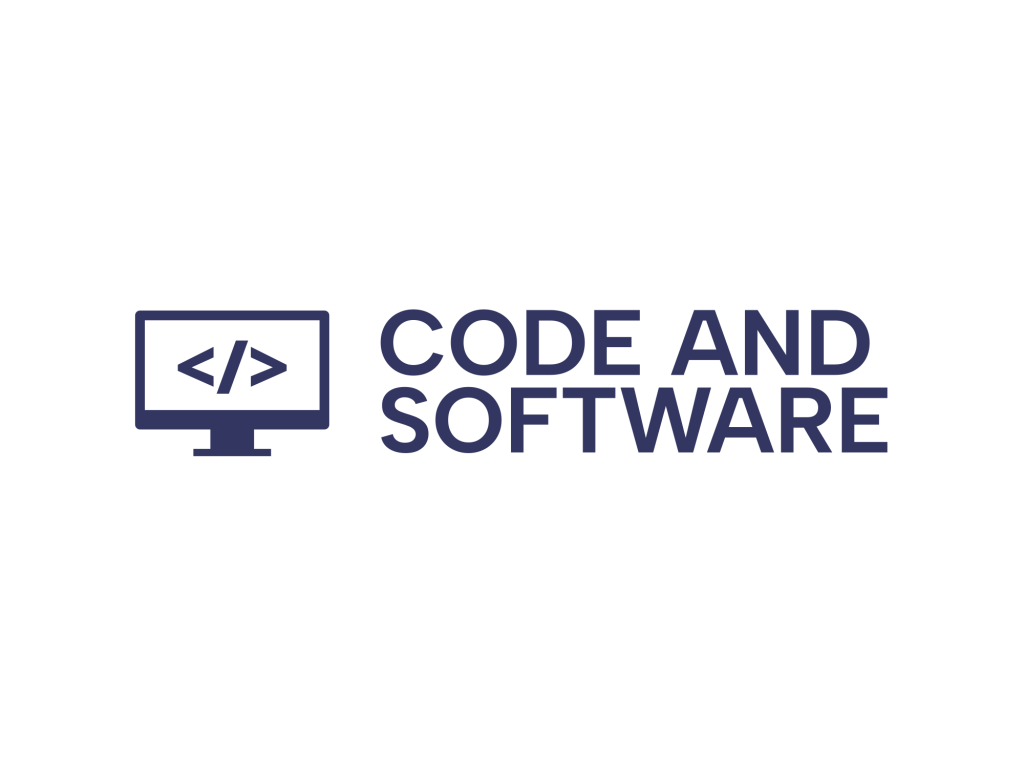In today’s digital publishing landscape, high-quality editorial oversight is critical to ensuring content accuracy, authority, and performance. As publishers strive to build trust and retain audience engagement, the role of editors has expanded beyond grammar and style reviews. One of the emerging tools in this context is the Topic Authority Scorecard — a structured framework designed to measure how well content aligns with recognized authority benchmarks within its niche. These scorecards assist editors in evaluating whether an article or content asset meets best practices for subject matter depth, trustworthiness, and originality.
Editorial expertise can no longer rely purely on intuitive judgment. The vastness of online content has compelled organizations to quantify and standardize the metrics that reflect content authority, making it easier for editors to guide writers while ensuring strategic alignment. The Topic Authority Scorecard aims to fill that gap.
What is a Topic Authority Scorecard?
A Topic Authority Scorecard is a tool or checklist editors use to evaluate the depth, relevance, and authoritativeness of a piece of content against a pre-defined set of editorial criteria. These criteria often include:
- Topical relevance: Does the content address core questions within the subject area?
- Source credibility: Are authoritative sources cited and properly attributed?
- Subject matter expertise: Was the content written or reviewed by someone with qualifications in the topic?
- Comprehensiveness: Does the piece explore a topic sufficiently, including subtopics?
- Freshness: Is the content current and up to date?
By implementing scorecards with these components, editors can maintain a consistent level of authority across all published materials, improving search visibility and enhancing user trust.
Why Editors Need Authority Scorecards Now
The demand for editorial rigor has never been higher. Platforms such as Google have emphasized the importance of E-E-A-T (Experience, Expertise, Authoritativeness, Trustworthiness) in ranking algorithms. Editors play a pivotal role in demonstrating these qualities, especially on complex or sensitive topics such as health, finance, or law.
Without a systematic way to evaluate content authority, inconsistencies are likely to appear across your content catalog, leading to SEO drawbacks and credibility issues with your audience. Topic Authority Scorecards help editors measure and improve content quality in a methodical, transparent, and scalable manner.

Key Elements of a Topic Authority Scorecard
Creating an effective authority scorecard involves defining criteria that reflect both editorial quality and topical depth. Below are the most crucial elements to include:
- Content Purpose Clarity: Has the author clearly defined the purpose and audience of the content piece?
- Structured Knowledge: Is the information logically organized and easy to scan or navigate?
- Data and Research Integrity: Are facts supported by reputable studies, whitepapers, or expert quotes?
- Original Contribution: Does the content add unique value, original thoughts, or analysis to the topic?
- Revision Quality: How well-researched and improved is the article after editorial revisions?
Each of these dimensions can be scored on a numeric scale (e.g., 1 to 5) for consistency. Editors can then calculate a composite score to determine whether the article is ready for publication or needs further refinement.
Scorecard Implementation: Best Practices
To operationalize Topic Authority Scorecards effectively, editorial teams should adhere to several best practices:
1. Customize Based on Content Type
A scorecard designed for technical product reviews may need to emphasize accuracy and specs comparison, while one for wellness blogs might focus more on empathy and personal experience. Editors must adapt templates accordingly to maintain relevance.
2. Include Reviewer Annotations
Numeric scoring alone does not provide full feedback. Editors should include annotations explaining low scores or praising exceptional sections. This helps content creators understand editorial expectations and reduces revision cycles.
3. Cross-Team Training
Uniformity in scoring depends on training. Editors, writers, and even SEO teams should be aligned on what constitutes “authority” for your niche. Hold onboarding sessions to walk teams through each scorecard element.
4. Audit and Benchmark
Periodic audits of scorecard usage allow teams to measure how editorial decisions affect metrics like organic traffic, bounce rate, and user engagement. Adjust your scorecard criteria based on these insights.

The Role of Technology in Enhancing Scorecards
Several content analytics platforms now incorporate AI-driven review systems that assist with authority scoring. These tools assess content structure, keyword inclusion, readability scores, and even sentiment. While human editors remain central to judgment-based aspects, technology can vastly enhance efficiency and objectivity.
Examples of useful technologies include:
- Content optimization tools that benchmark articles against top search results
- Collaboration platforms that integrate editorial checklists directly into content workflows
- Commenting and annotation tech for tracking editorial suggestions and score changes across drafts
These systems not only accelerate the review process but also accumulate valuable datasets that reflect long-term trends in content performance versus authority scoring.
Measuring the Impact of Authority Standards
After implementing Topic Authority Scorecards, it’s important to track their real-world impact. Some key performance indicators (KPIs) to monitor include:
- Search engine ranking improvements on newly published content
- Longer dwell times and session durations, indicating a more engaged reader
- Increased backlink acquisition due to perceived trustworthiness
- Improved content acceptance rates with fewer revision cycles
Collecting data over time allows organizations to calibrate their scorecards, ensuring that the scoring methodology continues to align with Google updates and changing reader expectations.
Emerging Trends and the Future
The concept of content authority is only becoming more critical. As misinformation and content fatigue become serious problems online, readers will gravitate toward sources that consistently deliver factual and insightful material. Topic Authority Scorecards enable editorial departments to uphold this standard across growing teams and publishing footprints.
Looking forward, we can expect more automation in scorecard-based evaluation, integration with machine learning models, and centralized dashboards for multi-brand publishers. Not only do these developments promise efficiency, but they also democratize the editorial feedback process, enabling every member of a content team to participate meaningfully in ensuring content excellence.
Conclusion
Editorial integrity is the backbone of any trusted publication. In a landscape that prizes quality and trust above all else, editorial teams must evolve to meet higher standards. Topic Authority Scorecards offer a systematic, repeatable method to evaluate content credibility and richness. By adopting this framework, editors can ensure their content isn’t just polished—but respected, useful, and trusted by both search engines and human readers.
Incorporating these scorecards into your editorial strategy ensures that your organization champions not just quantity, but true qualitative impact across every published piece.

